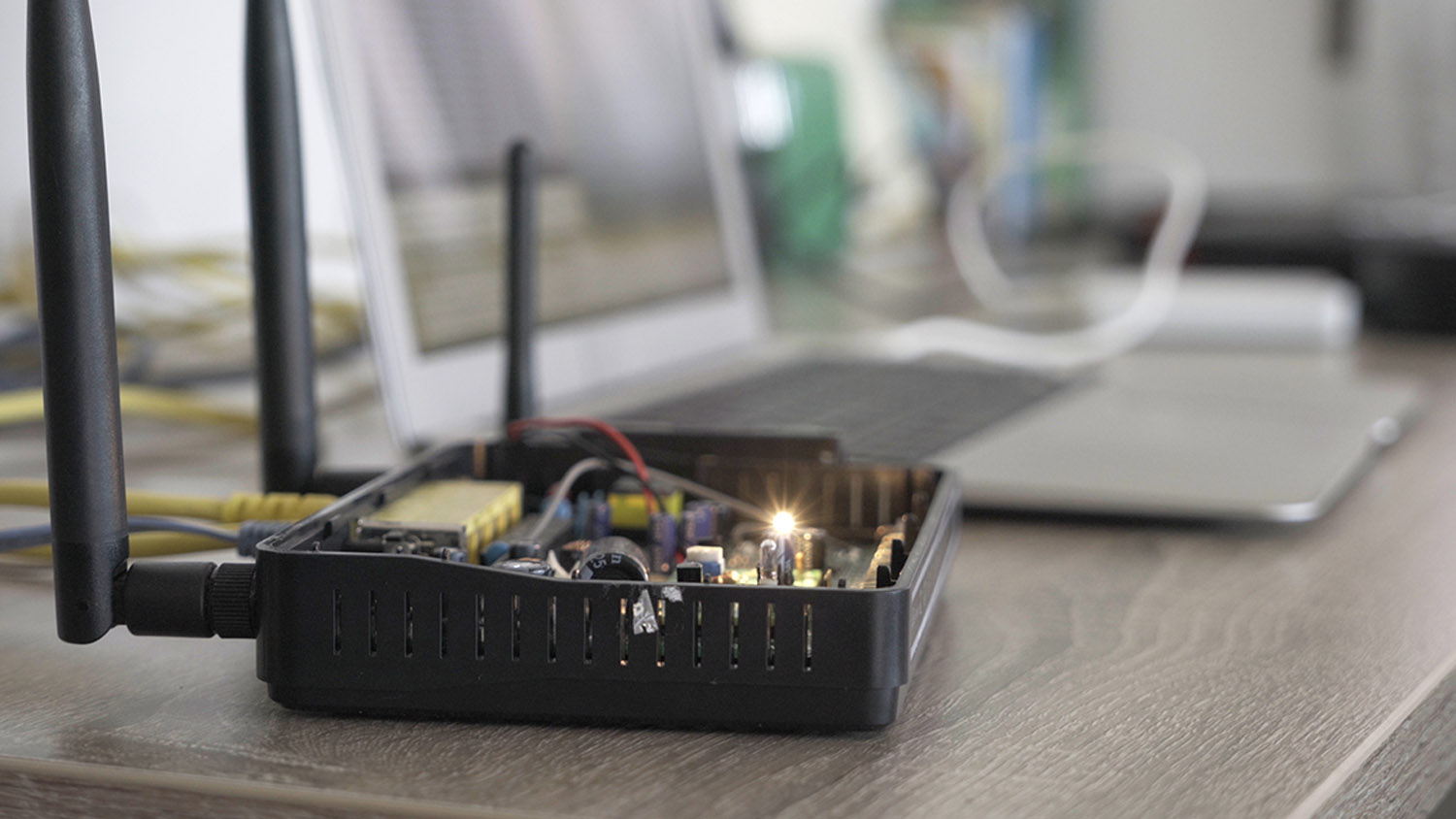
The Chinese military hacker unit has conducted operations since at least 2013 in support of China’s naval modernization effort. (U.S. Navy) (Photo by: Samuel Shavers)
American intelligence and military cyberwarriors have begun conducting counter-cyberattacks against Chinese intelligence and military targets, according to a U.S. official.
The counterattacks are part of a new Trump administration policy designed to retaliate for rampant cybertheft of American technology by the Chinese that has caused estimated losses ranging from $200 billion to $600 billion a year. Details of the U.S. cyberoperations were not disclosed, and the activities remain classified.
The hacking is likely to include theft of Chinese advanced military know-how, such as hypersonic missile technology — an area of military research where China is believed to be ahead of the United States. Another possible target would be technology related to China’s anti-ship ballistic missile technology like that deployed in the DF-21D ship-killing missile. Such technology requires maneuvering warheads and special guidance. Continue reading




